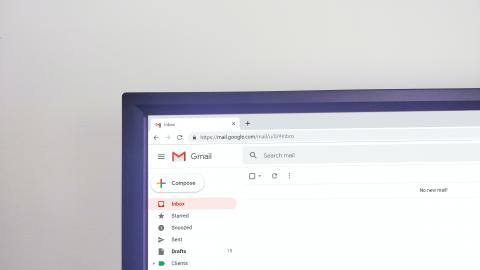How to Get the Best Letter of Recommendation for Graduate School
Applying to graduate school is all about being strategic. You have to decide which programs would be the right fit for you, and consider how each piece of your application supports the idea that you’re a good fit for those programs.
Letters of recommendation provide an important opportunity to give yourself a leg up during the admissions process.
From Good to Great
Realize that generic letters, even if they are positive, will only get you so far. To really become competitive, you want letters of reference that specify your accomplishments, prove your work ethic and maturity, and display your preparedness for the rigors of grad school.
Many applicants think of their letters of recommendation as a mysterious unknown that they have no control over. This is false! In fact, it benefits both you and the letter writer to be upfront about exactly what kind of recommendation you need and how they can best help you.
From the beginning, think about how your letters of reference should fit into your graduate school application. Doing so will help you decide who to contact and what information and directions to provide.
If you need to emphasize writing and presentation skills, contact someone who can speak to that. If you want to demonstrate your ability to stay organized while handling increasing responsibilities, choose a recommender who can address those qualities.
It’s always a good idea to waive your right to see the final, submitted recommendation. It shows that you trust your recommenders and have allowed them to provide an honest assessment.
Even so, you have more control over the specifics of the letter than you might think! You can and should support your letter writers in providing an effective recommendation.
Share your Statement
Make sure you’ve drafted a persuasive statement of purpose that presents yourself as a capable candidate who will make great contributions to a graduate program. Provide a copy of your statement to your recommenders. It allows them to know what’s guiding you and what you’re emphasizing. Their letters can help backup your claims, or highlight other accomplishments you didn’t have space to write about.
Provide Specifics
Don’t assume that your recommenders will remember all the details. Make the process easy for them by providing them with the key information they need. After all, great recommendations depend on the details. A letter that says,“Sally consistently made important observations and engaged with her peers during class,” is more convincing than one that says, “Sally was a terrific student. She can do anything!” without any evidence to back up those claims.
If your recommender is a professor, remind them what classes you were in, when, and what grades you earned. You can even include information about a strong paper or project you completed for their course.
If your recommender is a supervisor from work or an advisor from a student organization, make the letter writing process easy for them by sharing a current resume that outlines your biggest accomplishments and areas of growth.
Explain the relevance of the information you’re providing. Don’t be afraid to make connections for them. Tell them how the paper you wrote in class inspired a project at your current internship or vice versa.
Take the Lead
Be your own advocate. It’s okay to ask your recommender to focus on certain things in their letter. This is especially important if there’s a weakness in your application or a gap that might need to be explained. As long as you are respectful with your requests and provide the appropriate documentation, you have a lot to gain by being proactive and advocating for yourself.
Last, be clear about the due dates. All your efforts will be wasted if your recommendations don’t make it to the graduate admissions committee in time! Provide a clear list of the schools to which you are applying, identify each deadline, and let them know how they will submit the recommendation.
We’re here to guide and support you throughout the graduate application and admissions process. Learn more about getting great recommendations for graduate school.>